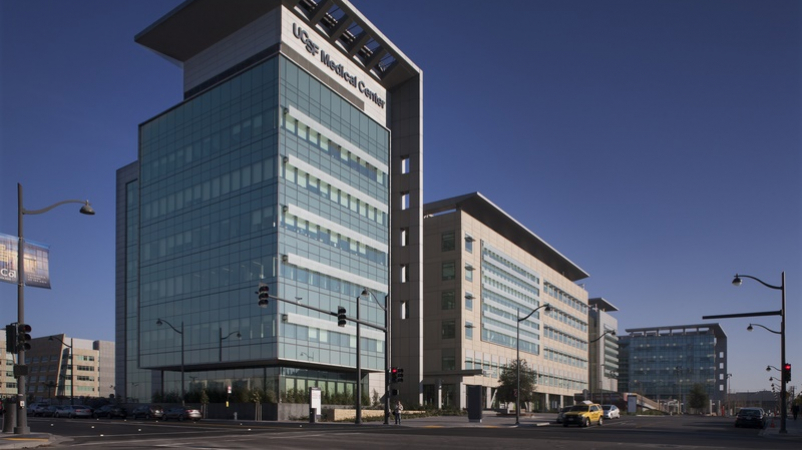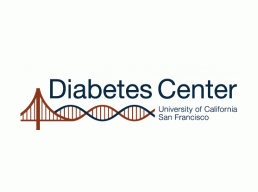
University of California, San Francisco (UCSF) is one of eighteen Type 1 Diabetes TrialNet International Clinical Centers at the forefront of type 1 diabetes research. Led by Stephen Gitelman, MD, the TrialNet team at UCSF is dedicated to preventing type 1 diabetes and stopping disease progression by preserving insulin production before and after diagnosis.
Our Team
Stephen Gitelman, MD
Principal Investigator
Srinath Sanda, MD
Co-Investigator
Christine Torok
Study Coordinator
Rebecca Wesch
Study CoordinatorKaren Ko
Clinical Research Coordinator
Julissa Cabrera, MHA
Study CoordinatorAzquena Munoz Lopez
Research Coordinator"Our study participants are, by far, my favorite part of my job. I love working with them and am in awe of everything that they handle every single day. All participants manage their diabetes 24 hours a day, 7 days a week. On top of that, they give of their time and energy to partake in one of our research studies. Without them, there would be no TrialNet." – Christine Torok
Regional Affiliates
Affiliates provide opportunities for people who do not live near a TrialNet Clinical Center. The affiliate sites listed below work with UCSF to offer convenient participation in our research programs
Research Studies
If you have a relative with T1D, you may be eligible for risk screening that can detect the early stages of T1D years before symptoms appear. More
Depending on your risk screening results, you may be eligible for monitoring. We’ll monitor you for disease progression and let you know if you become eligible for a study. More
TrialNet is testing a low dose of the immunotherapy drug anti-thymocyte globulin (ATG) to see if it can delay or prevent type 1 diabetes (T1D) in people ages 6 to 34 who have a 50% risk of clinical diagnosis (Stage 3) within 2 years. Risk is defined by having two or more autoantibodies and abnormal blood sugar (Stage 2), plus at least one high-risk marker (based on test results). In an earlier TrialNet study for people newly diagnosed with T1D, low-dose ATG preserved insulin production and improved blood sugar control for 2 years. Details
TrialNet researchers are testing two different treatments – abrocitinib and ritlecitinib – to see if either or both can preserve insulin production in people (ages 12-35) newly diagnosed with type 1 diabetes (Stage 3 T1D). Abrocitinib and ritlecitinib are in a new class of autoimmune treatments called Janus kinase (JAK) inhibitors. Details
TrialNet is testing rituximab-pvvr and abatacept in people (ages 8-45) who were newly diagnosed with type 1 diabetes (T1D) to learn if using both treatments, one after the other, maintains the body’s ability to make insulin. By adding abatacept after rituximab-pvvr, researchers predict more people will experience prolonged beta cell function during and possibly after treatment. Details
If you are diagnosed with T1D while participating in one of our prevention studies, we’re still here for you. You can continue to receive personal monitoring while helping us learn more. More
"The ultimate goal is to be able to screen and predict who is at risk for diabetes, and then have an efficient way to turn off the disease process, before T1D ever happens!"-Stephen Gitelman, MD, UCSF Principal Investigator





